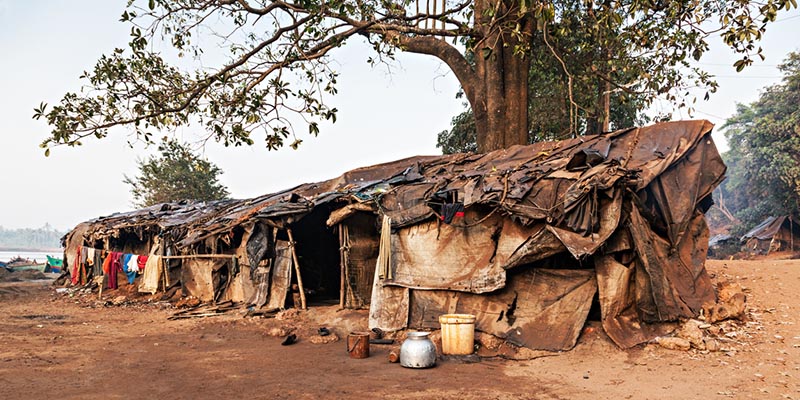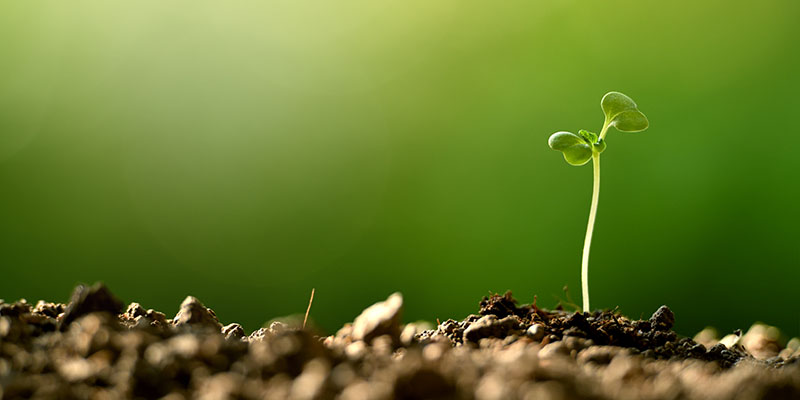Redefining Climate Action: The Impact of Reforestation on Climate Change
As the climate issue worsens, a time-honoured solution has returned with renewed vigour: tree planting. Trees play a critical role in storing CO2 emissions and moderating global warming as natural carbon absorbers.
Tree planting is not only straightforward but also financially viable. A global tree-planting project could potentially reduce a significant amount of human-caused carbon emissions, providing hope in the fight against climate change. As we face an existential crisis, forest restoration and protection have become increasingly important in protecting our world for future generations.
Mineral Chemistry and Environmental Challenges: Unlocking the Next Frontier

Associate Professor Raffaella Demichelis, a brilliant scientist who received the Dorothy Hill Medal in 2023, is leading new research in Earth sciences. Her research dives into the difficult world of mineral chemistry, attempting to decipher the intricate processes that regulate mineral creation and transformation. While these processes frequently occur at geological speeds, Demichelis is determined to accelerate our understanding of these interactions and their environmental consequences.
Her research reveals the molecular complexities of mineral processes and investigates their relationship with the natural world. The junction of minerals and living creatures is a domain of interesting chemistry, from plants employing minerals for self-defence to sea-life generating minerals in their skeletons.
Demichelis envisions a future where we can reproduce these processes to create materials with precise shapes, textures, and compositions, bringing up new possibilities in domains such as medicine and technology. We could address environmental concerns in novel ways if we comprehend the profound link between minerals and life.
Bjorn Lomborg: Putting Poverty Alleviation First in the Climate Debate

Bjorn Lomborg, President of the Copenhagen Consensus think group, is a well-known climate sceptic who questions the widely held assumption that climate change must take precedence over poverty alleviation. While the World Bank, led by Ajay Banga, has integrated climate action into its anti-poverty mission, Lomborg believes the two cannot coexist amicably. He believes addressing urgent concerns such as food security, education, and housing should take precedence because these challenges are more critical for low and middle-income communities.
Lomborg emphasises the difficulty of allocating scarce resources and warns against dedicating significant investment to climate projects. He condemns an “unholy alliance” of climate activists and politicians who advocate for significant climate investments. This point of view highlights the ongoing discussion over balancing climate action and meeting basic human needs under global development and funding frameworks.
IPCC Report: Climate Change Amplifies Global Infectious Disease Risk

The recent Intergovernmental Panel on Climate Change (IPCC) report is a stark reminder of the rising threat of infectious diseases linked to climate change. The intertwined relationship between climate and disease has become increasingly evident. Examples include mosquito-borne diseases like dengue, which no longer follow predictable seasonal patterns, exhibiting multiple peaks annually. Climate-induced temperature, precipitation, and humidity variations disrupt disease transmission cycles, impacting the distribution of disease vectors and their animal hosts.
Additionally, elevated temperatures are known to affect the genetic structure of pathogens, altering their infectivity and virulence. This report underscores the urgent need for coordinated global efforts to address the growing intersection of climate change and infectious disease, as these impacts pose a significant public health challenge.



